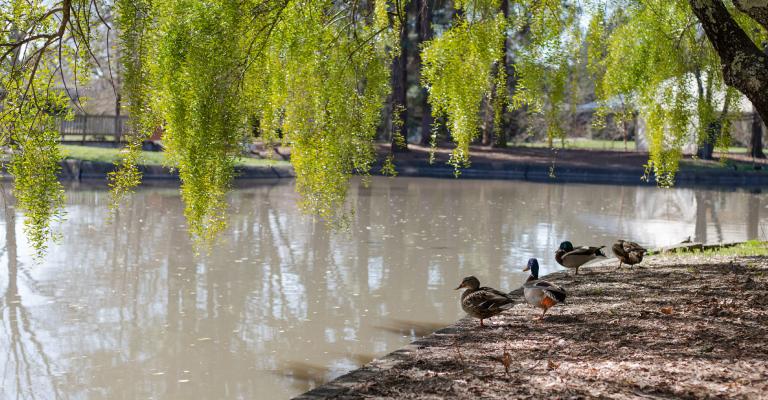Courses
We currently offer the following courses. Please note that not every course is offered each semester. Please refer to our latest class schedule for current course offerings.
- Loading...


We currently offer the following courses. Please note that not every course is offered each semester. Please refer to our latest class schedule for current course offerings.